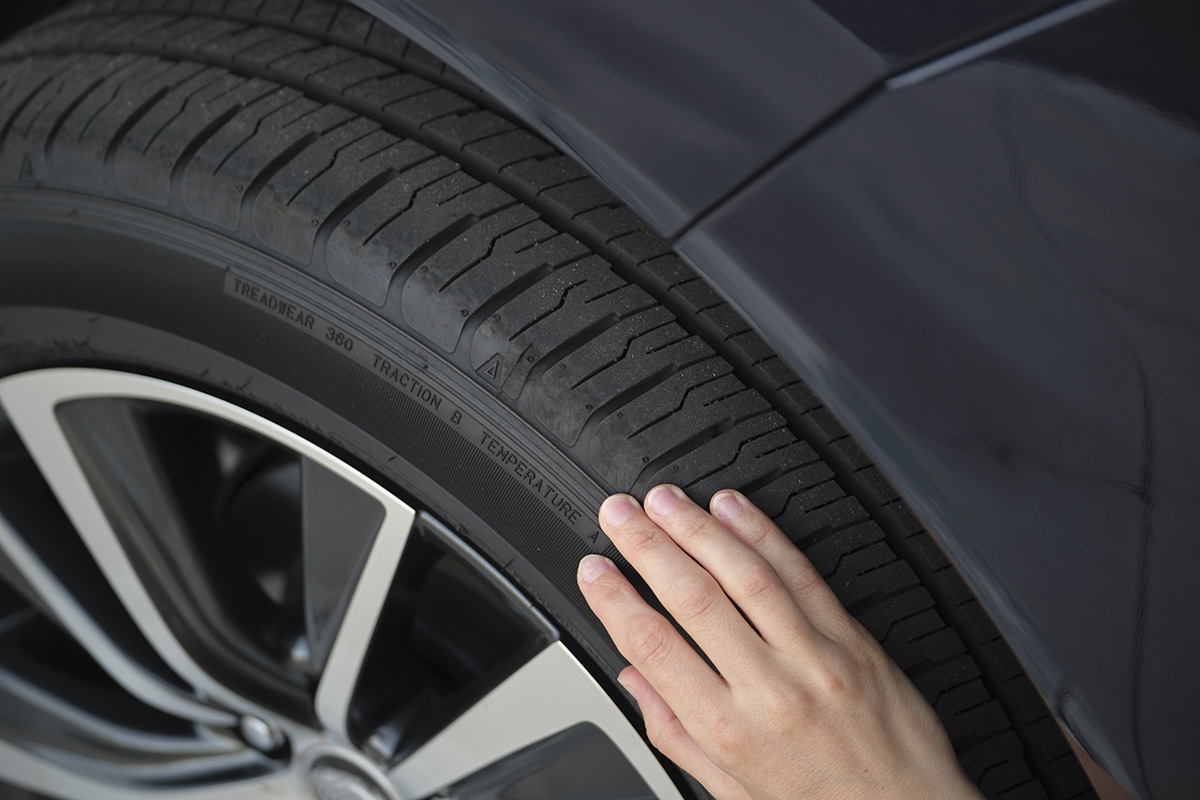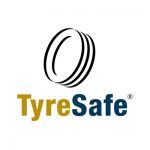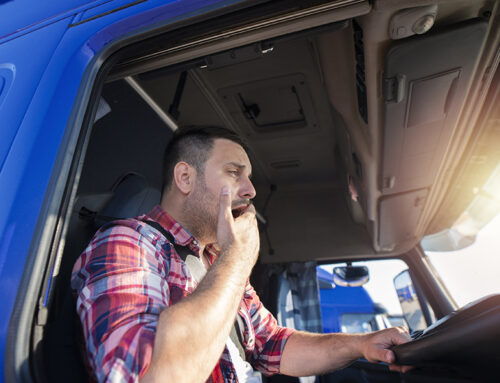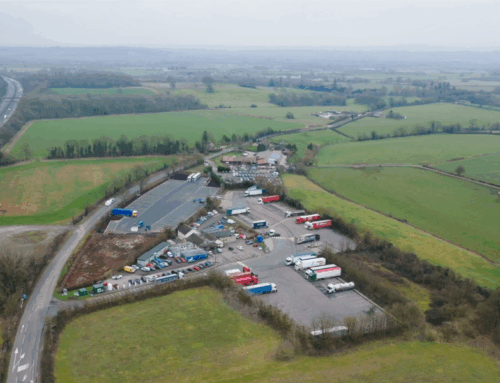This week’s article from Tyresafe outlines the concerning findings of their recent survey on the state of tyres in the UK.
Over Half of UK Tyres Deemed Borderline or Illegal
Startling findings have emerged from a recent extensive study jointly conducted by TyreSafe, the UK’s tyre safety charity, Imperial College, and National Highways, shedding light on a concerning trend. The study, which focused on vehicles used for commercial purposes, revealed that over half of the tyres replaced in the UK are borderline or illegal in terms of tread depth and safety at the point of replacement.
Nearly 40% of Light Commercial Vehicle (LCV) tyres are either borderline or illegal in terms of tread depth and safety at the point of replacement. Specifically, in England, 17.2% of LCV tyres were found to be illegal, while 38.9% were between 1.6mm and 2mm.
The comprehensive survey examined over half a million tyres at the time of replacement across the UK. The data primarily originated from national franchise operations with multiple outlets per region, ensuring a representative sample of the country’s commercial motoring landscape.
Tyre maintenance – the commercial vehicle sector
This eye-opening data highlights the immediate need for heightened awareness and action within the commercial vehicle sector concerning proper tyre maintenance and safety practices. While there has been a 10.8% improvement nationally in the number of tyres found to be illegal at replacement since a similar study in 2016, it underscores the ongoing work required to elevate the profile of tyre safety.
– The study categorised data by vehicle type (passenger cars and light commercial vehicles) and region.
– Data collection spanned from April 1, 2022, to March 31, 2023, offering a comprehensive overview of tyre conditions over a 12-month period.
– A total of 549,558 tyres were surveyed, representing approximately 15% of all tyres replaced in the specified timeframe.
– Notably, the survey excluded data related to Heavy Goods Vehicles (HGV) and Large Goods Vehicles (LGV) tyres, categorising them as a separate, specialist group.
Maintaining anonymity and confidentiality in data collection was a priority for this survey:
– Data contributors included both TyreSafe members and non-members, and all were ensured anonymity.
– Regular updates on the survey’s results were provided only to TyreSafe’s steering committee.
– Participants contributed data as part of their routine operations, ensuring the accuracy and authenticity of the collected information.
– The study’s design prevented any indication of expected outcomes from being communicated between TyreSafe, its representatives, and the participants.
Extrapolating the data to gauge the potential scale of the issue on the roads:
– The findings, considering that approximately one tyre per vehicle is changed annually, were extrapolated across the entire commercial vehicle fleet.
– With an estimated 36 million cars and light commercial vehicles (LCVs) on the road, about 36 million tyres are changed each year.
– This equates to roughly 3 million tyres replaced per month and around 100,000 tyres replaced daily.
– During the 12-month survey period, an estimated 36 million tyres were replaced across the country.
– The surveyed 549,558 tyres constitute about 15.2% of all tyres replaced in Britain during that period.
Lack of tyre safety education?
This groundbreaking study illuminates a pressing issue and emphasises the critical importance of tyre safety education and regular maintenance within the commercial vehicle sector. TyreSafe continues its commitment to advocating for safe driving practices and raising awareness about tyre maintenance, aiming to save lives and provide resources for all road users.
TyreSafe issues a call to action for commercial drivers to A.C.T. on tyre safety:
Air Pressure – Regularly check the air pressure of each tyre using an accurate gauge, adjusting pressures based on vehicle load recommendations.
Condition – Conduct visual checks to identify potential penetrations, cracks, or bulges on each tyre. Seek professional advice promptly if any issues are detected.
Tread – Ensure that tyre treads are above the UK legal minimum of 1.6mm. Use an accurate tread depth gauge or a 20p coin as a guide for checking tread depth.
Stuart Lovatt, TyreSafe Chair, said: “The statistics are alarming and continue to underscore the stark and very real danger of driving on business with defective tyres. As we engage with the commercial vehicle sector, tyre safety should be a year-round commitment, not just about avoiding penalties, reducing fuel wastage, and operating costs, but crucially it’s about reducing incidents across the industry. Ensuring business drivers are checking their tyres as part of the daily vehicles checks, will make a significant difference on our roads.
For the full study, visit tyresafe.org/tyresafe-tread-depth-survey-2023/
Videos:






